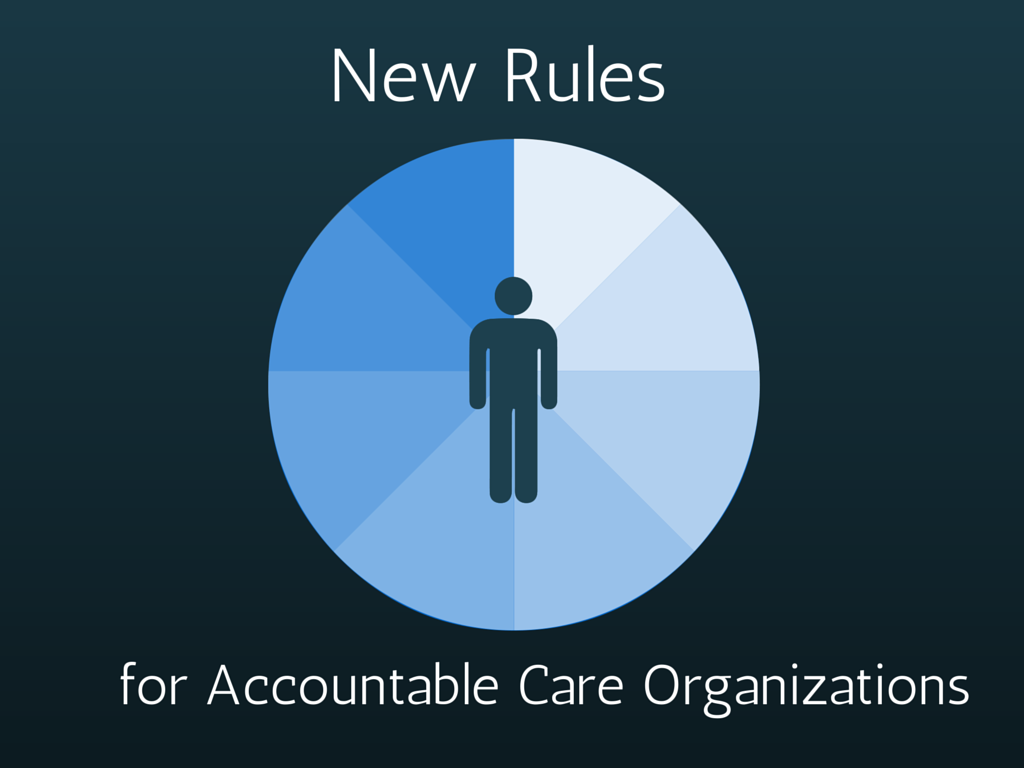BHM Services
Standardizing Patient Care with Clinical Pathways
Think of clinical pathways as maps: imagine a patient coming into the emergency room with abdominal pain. That’s a pretty non-specific complaint, and it could easily send an ER docs mind spinning with possibilities. With this common complaint the patient’s condition could run the gamut from a mild case of indigestion to a potentially fatal acute abdomen: and it’s up to the doctor to suss out what’s causing the patient’s pain before their condition worsens.











